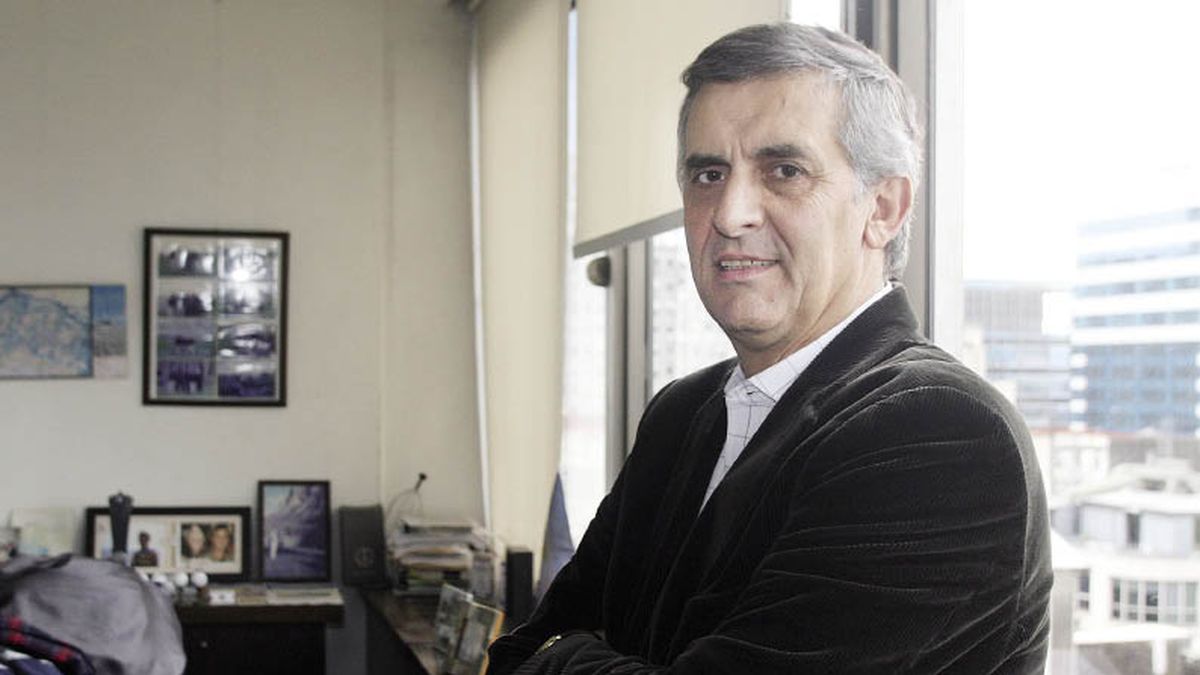Journalist: The Central Bank has been losing reserves. What do you have to do to cut off the output?
Rodolfo Santangelo: Structurally speaking, the problem of reserves is one of macroeconomic imbalance. As long as the entire problem is not corrected, some source of tension is going to exist.. Sometimes it will be inflation, another time the exchange rate, in others the reserves. It is an underlying problem.
Q.: Can something be done at the juncture?
RS: circumstantially, all these currency advance announcements are a help for today and a problem for the future. It has to be a bridge for something more structural. Obviously, there is the fact that reality may end up imposing that the exchange rate has been left behind. I think it is 30 pesos below a logical value. We’ll see if any adjustments need to be made or not. Then there are the day-to-day issues. It is clear that the stocks on imports are already at a ceiling of what the level of activity allows and it is very curious that the only account that is released today is that of the credit card.
Q.: Will the Government be able to achieve greater liquidation of the exporters?
RS: The key happens because all these incentives that are given to the producer generate a greater sale. Until June the producer had been selling well, for which the official diagnosis that there was a lack of supply is incorrect. The hymn of the BCRA incentives was put together. It is necessary to unblock the sale of the exporter so that the importer is more fluid because otherwise the level of activity will suffer, but I say: the situation is being discussed to see how long it lasts, but the question is fundamental.
Q.: Can the dollar be prevented from rising?
RS: In August I might reverse it. Nor is it a market to be permanently selling. The numbers that one sees from the market are such that they give an agonizing draw, suffering, not to spend all day losing reservations. But with that he is not enough. There are exits in the bond market, on the debt side.
P.: It seems that Massa faces this as if it were only a political problem. Do you share that?
RS: I have always said that this is a political and economic problem. It is by no means just political. By no means simply showing political consolidation will fix the economic issue. Here it is about the fundamentals, the problem of the pesos and the problem of the dollars. If more or less relevant solutions are not found on both fronts, no matter how much political consolidation there is, which I don’t know if there is, neither inflation, nor the gap, nor the exchange market will be resolved, and it will end up affecting in level of activity that is what comes more or less well.
Q.: Does Massa have 100 days…?
RS.: There is a date back in early October when you have to have the approval of the Fund so that the disbursement enters to compensate what is paid. September is a date where the Central Bank’s postulate is going to be verified that when the cold weather ends and energy imports are stronger, the problem of the foreign exchange market will be solved. One hundred days can be a referential number. The party goes through the variables of the exchange market, the inflation rate, the gap and the social question. We will see in what order it occurs.
Q.: How do you see the debt swap announced by the Government?
RS: Extending the duration of the debt, if not at an excessive cost, is always good news. The problem that we had been dragging, it is a success in the roll over of debt but with very short terms and very long carrots that hatched in May. Extending the term is always good. What worries me the most is this message that you are not going to broadcast but that the deficit is going to give 2.5% of GDP. So what are they going to do, are they going to get into debt? All this mess of the last few months started with a run against the pesos.
Q.: Should Massa have announced any more spending cuts than he has hinted at so far?
RS: I think it is preparing an environment for the fiscal situation of 2023 to be better. With the subsidies, with something in social plans, until now they have not wanted to get involved. An increase was even generated for the retirement system. They have not wanted to mess with the personnel plant beyond the freeze and a cut in public investment will surely come.
Q.: How can you define what the new minister announced?
RS: It’s a short-term plan to scratch the 2.5% deficit this year, which obviously can only be achieved because nominal GDP is higher because inflation is higher, because if you don’t, you won’t even get there. In 2023 it is very important that everything that is being announced about subsidies and something else materializes.
Q.: Is there a scenario of an abrupt rise in the dollar?
RS: The parallel is already at a high level in real terms. In real terms it’s high, with a higher interest rate and some control it shouldn’t run away. The officer is late, they are going to try the crawling peg and they are going to try the bridges but the battle of the 130 exchange rate is not over.
Q.: What can Gabriel Rubinstein bring to Sergio Massa’s team?
RS: It is important to have a professional economist in the team. It is important that they continue complementing it with more labor in the different places.
Source: Ambito
David William is a talented author who has made a name for himself in the world of writing. He is a professional author who writes on a wide range of topics, from general interest to opinion news. David is currently working as a writer at 24 hours worlds where he brings his unique perspective and in-depth research to his articles, making them both informative and engaging.




